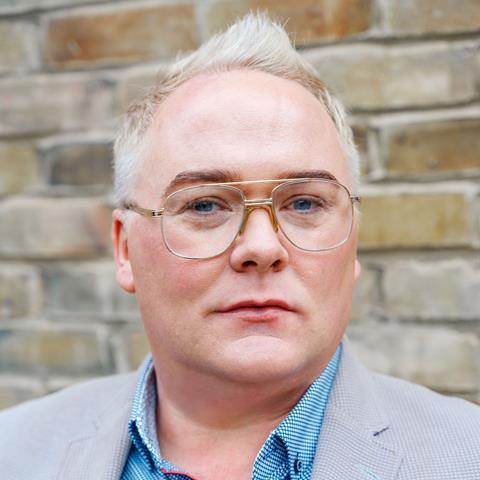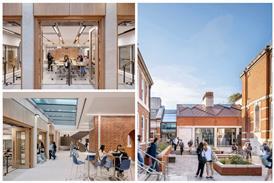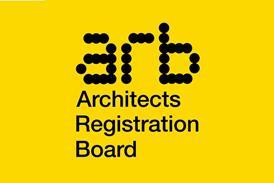Careful preparation and making sure the practice makes a good impression are both critical when seeking to attract new staff, writes Jimmy Bent

In the rush to hire, particularly in this labour short market, it’s easy to overlook the importance of the interview process. Aside from online research and looking at the company’s website, the interview process is likely to be a job seeker’s first impression of a practice. Whatever the outcome, it is an opportunity to market the organization.
Whether they are hired or not, it’s critical that the experience of each interviewee is positive. All elements of the interview process need to be considered — including scheduling, feedback, offer and, importantly, who will represent the business at the interview. There are several ways to ensure that the candidate is left with the best possible impression.
Firstly, put the candidate at ease. Looking for a new job can be a stressful time, and a nervous jobseeker is not likely to perform at their best. Ensure that the candidate is welcomed into the studio, offered a drink, and given a moment to catch their breath prior to the interview. However, don’t keep them waiting beyond the schedule time. This can be an instant turn-off, and we have seen candidates pull out of the process if they don’t feel their time is appreciated.
It may seem obvious but give some thought to where the interview is going to take place. Try and reserve the best meeting room or area. This will give the most positive impression of the physical environment. This is a key decision-making factor for many jobseekers.
Who will sell the firm and the opportunity the most effectively?
Video interviews can be timesaving, but they aren’t recommended as a default first round. There are obvious limitations and technology hiccups to deal with, but more importantly the candidate won’t get a ‘feel’ of the company—and it’s unlikely there will be as much buy-in at the early stages without an in-person meeting.
One of the most important factors to consider is who are the best people to conduct the interviews. Who is the most effective communicator? Who will sell the firm and the opportunity the most effectively? Who can talk enthusiastically about the culture at the firm?
To succeed in this competitive market, it’s important to engage the interviewee and promote the benefits of the company. They need to ask the right questions. What is the job seeker looking to do next in their career? What is most important to them?
An effective interviewer will be able to tease out from the candidate what they are truly looking for right now and their ambitions. Once established they can discuss what opportunities might align in their studio.
In advance of an interview, get together as a hiring team to review the CV and note any points that require clarification
When selecting an interview panel, think about involving people from all levels and backgrounds. Diverse interview panels help create diverse teams. Make sure that any less experienced panel members feel comfortable and understand their role and what questions are appropriate.
Preparation is key. In advance of an interview, get together as a hiring team to review the CV and note any points that require clarification or elaboration and decide who’s going to ask what. Have someone take notes. They are invaluable when debriefing, especially after a round of interviews.
Opening the interview with an introduction to the company, the role, and each interviewer sets the scene and helps put the interviewee at ease. Have some structure but try and keep it conversational. Use probing questions to get more information. ‘Tell me more.’ ‘How did that work out?’ ‘Did you enjoy that?’ ‘How did you solve that?’ Ask for real-world examples.
Setting aside a suitable amount of time for each meeting and being present during the interview is essential. We’ve heard instances of interviewers being on their phone or being called out mid-interview. This gives the candidate a negative impression. Remember that candidates will tell more people about their negative experience than a positive one.
Before concluding any interview, give the interviewee the chance to ask questions
Consider mixing up the format for the second interview. A more relaxed social meet with the team can help show the candidate a different side of the business. It will also give them the opportunity to ask questions they may not be comfortable asking in a more formal setting.
Before concluding any interview, give the interviewee the chance to ask questions, and explain the next steps. Whenever possible, take the opportunity to give the candidate a tour of the studio to show off the space, this can be a way to help seal the deal if things are going well. Its worth considering having someone of a similar level do the tour, ideally someone who would be happy to share their positive experience working in the firm.
An often-overlooked part of the interview process is what happens afterward. If a candidate has taken the time to attend interviews but is not suitable, it’s courteous to let them know that they are no longer in the running and, ideally, let them know why. Nobody likes to be turned down, but honest feedback is incredibly valuable and shows respect for the candidate’s time.
In this highly competitive candidate market, except for strategic appointments, we would recommend keeping the interview process to a maximum of two interviews—plus, potentially a less formal coffee or drink. Ensure a decision-maker is part of the first-round interview so decisions can be made quickly. A clever way to reduce the number of steps in the process is to have other stakeholders on standby, so they can join the meeting if it’s going well.
Once a decision has been made to make an offer, keep the momentum going and reach out to the applicant or the agent as soon as possible. In recent times, delays at this stage have resulted in a lot of companies missing out on candidates because they’ve been too slow to mobilise decision makers/HR for sign off. Having processes in place that facilitate smooth and timely interviewing, feedback, and offers really is essential to secure the best talent in this current labour starved market.
Postscript
Jimmy Bent is managing director of Bespoke Careers and can be contacted at Jimmy@bespokecareers.com
















No comments yet